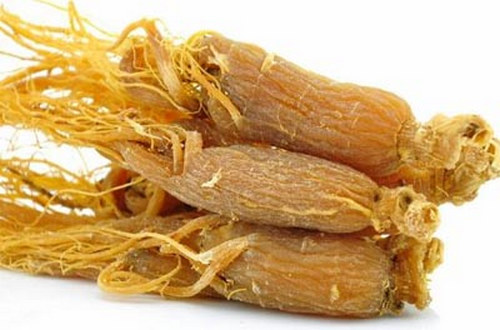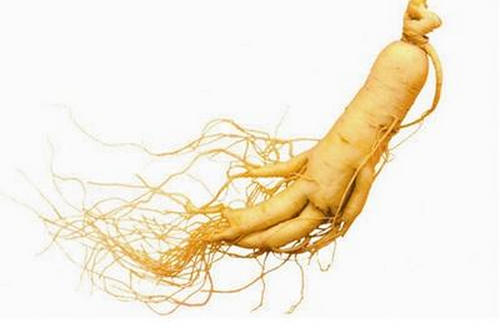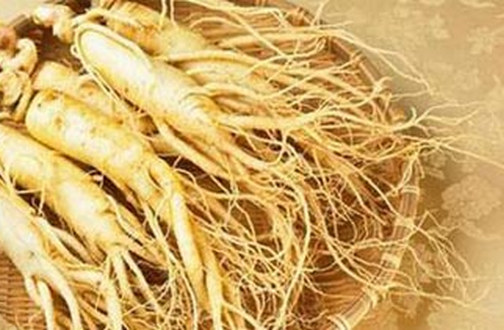Ginseng is a common tonic in life. It is often used to stew soup, which has a good Qi tonic effect. So how about eating ginseng in winter? Is ginseng on fire in winter?
How about ginseng in winter
Ginseng is mild in nature, sweet and bitter in taste. It can return the spleen, lungs and heart meridians. It has the effects of greatly tonifying vitality, restoring pulse and firming off, benefiting intelligence and calming nerves, delaying aging and so on. However, different ginseng also has different properties and functions and different indications. Only when you eat it right can you keep healthy.
In winter, ginseng, ginseng and Codonopsis pilosula are commonly used as tonics, but the properties, tastes and effects of various kinds of ginseng are slightly different, and there are certain differences in specific use.
Ginseng tonic is very particular. Hands and feet are hot. The so-called "Yin Deficiency" is not suitable for eating ginseng. American ginseng can be taken; The hands and feet are cold, and the people with "Yang Deficiency" are just the opposite.
When people who have been ill for a long time need to supplement ginseng, they should first choose "raw sun ginseng". If the patient has symptoms such as dry mouth, dry tongue and nose bleeding after taking it, it is called "not supplemented" in traditional Chinese medicine, and American ginseng with cool drug properties can be selected. Tumor patients can choose "red ginseng". If there is "no supplement", they can also use American ginseng.

Is ginseng on fire in winter
Generally speaking, people with Qi deficiency (often manifested as fatigue, fear of cold, shortness of breath, spontaneous sweating, palpitation, etc.) can take ginseng under the guidance of traditional Chinese medicine doctors, and as long as it is symptomatic and the dose is appropriate, it will not cause fire.
It should be noted that people who are healthy and easy to get angry and irritable at ordinary times should not take ginseng; People with serious chronic diseases (such as hypertension, kidney disease, etc.), allergic constitution and people with inflammation should take ginseng carefully; People with heat syndrome and healthy qi should not take ginseng; People with cold, fever and dry throat should not take ginseng; When ginseng is used for tonic, it is not suitable to drink tea or eat radish.
1. Clinical manifestations of ginseng fire: red face and red eyes, dry lips, bitter and thirsty mouth, tongue erosion, sore throat, gum bleeding, epistaxis bleeding, tinnitus and deafness, sudden onset of furuncle and sore, body heat and irritability, oliguria and constipation, blood in urine and stool, red tongue and yellow fur, pulse number.
2. Clinical manifestations of ginseng deficiency fire: it is mostly caused by internal injury and strain, which can be further divided into two types: Yin deficiency fire and Qi deficiency fire (Qi deficiency and internal heat). Yin deficiency and fire are mostly manifested in hot flashes, night sweats, body weight loss, dry mouth and throat, five heart upset heat, restlessness, red tongue without moss, and thin pulse. The common symptoms of qi deficiency and fire are low fever in the whole body, especially in the afternoon, fear of cold and wind, like heat and fear of cold, body fatigue and weakness, shortness of breath and lazy speech, endless self sweating, clear urine, loose stool, weak pulse, light tongue and thin moss.

What can't I eat ginseng in winter
Ginseng cannot be eaten with grapes
It will damage the nutrition of ginseng. Grapes contain tannic acid. Tannic acid will precipitate the protein in ginseng after binding, which will affect the absorption of ginseng and reduce the efficacy of ginseng.
Ginseng should not be abused
Although ginseng is a tonic, it is inappropriate to take ginseng casually without the disease of qi deficiency. Some people with strong physique are not suitable to take tonics and do not eat ginseng without weakness. If ginseng is misused or used more, it will lead to the occurrence of qi stagnation, which will inevitably lead to symptoms such as chest tightness and abdominal distension. In addition, when eating ginseng, we must pay attention to the changes of seasons. Generally speaking, the weather is cooler in autumn and winter, and eating is better; However, due to the hot weather in summer, ginseng should not be eaten.
Ginseng cannot be eaten with radish (including carrot, white radish and green radish) and all kinds of seafood and seafood
Ancient medical books say that Radish "goes down to the atmosphere." modern research has proved that radish has the effect of digestion and diuresis, which is basically the same as the ancient view, and ginseng tonifying vitality is its main function. Therefore, ginseng and radish are a great Qi tonic, and a great Qi, just offset their respective effects. Therefore, avoid eating both at the same time. Otherwise, eating is equivalent to eating for nothing and has no function.

Avoid drinking tea after taking ginseng
After taking ginseng, do not drink tea to avoid damaging the function of ginseng.
Ginseng avoid using hardware cooking utensils
Whether fried or stewed, avoid using hardware cookers.









